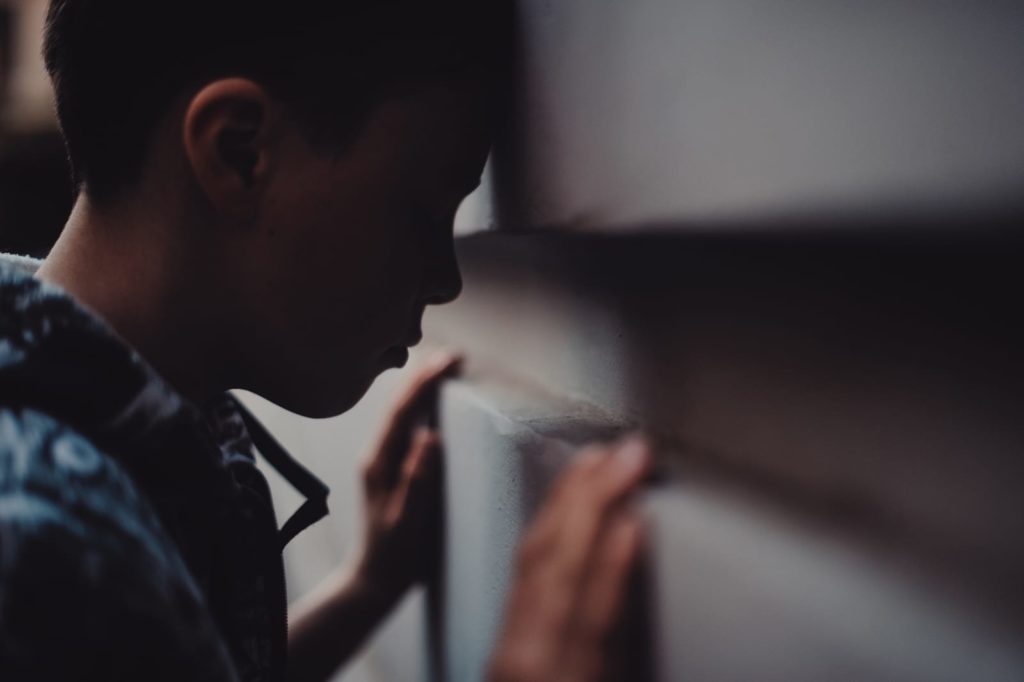It behooves society and parents to do anything possible to keep kids off drugs. Preventing teens from trying drugs or from drinking means saving many of them from the disease of addiction, avoiding astronomical costs in health care and legal issues, and saving lives. Educational programs are not uncommon in schools, but their benefits seem to be limited. One tactic that has been popular over the years for preventing teen drug abuse or for convincing troubled teens to stop using is to scare them. Shows on television, programs like Scared Straight and the modern version called Beyond Scared Straight, highlight these techniques for getting kids back on the straight and narrow. While they focus on delinquents and crime, these shows also highlight drugs and addiction. They put troubled young people in terrifying situations, forcing them to come face-to-face with hardened criminals in an effort to frighten them back to good behavior. Another recent program on television called Teen Trouble takes delinquents and young people who are using and puts them in even more severe situations. These kids spend the night on the street, lie in a coffin, or spend time in jail. The purpose is to scare them straight, but the question has to be asked: do these scare tactics have a positive effect?
The Statistics
A Cochrane review found that the evidence is against the scare method of helping troubled teens. The review by Cochrane, which is highly regarded for evidence-based health care and medicine, found that kids who went through the Scared Straight program were actually 70 percent more likely to go on to commit a crime as compared to randomly selected teens who did not experience the program. Another review, published in Counselor, found similar results. After analyzing the literature, the authors found that in more than 40 years of research, no studies could be found that supported confrontational strategies in dealing with drug problems. What they did find is that these methods can actually cause harm, especially in teens.
The Problem
There are, in fact, many problems with the scare tactics used on reality shows, and in real life. The shows are not the only culprits here; there are boarding schools and treatment centers for troubled teens that also use harsh punishments and scare tactics in an attempt to keep kids clean. Many kids are suffering through these programs without getting better, and in some cases, they are getting worse. One of the main issues, beyond the simple fact that these strategies do not work, is that they can be traumatizing. Adding trauma to a troubled young person leaves the door open for further substance abuse and possible mental illness. Mental illness is another problem to consider regarding scare strategies. Many of the young people who are troubled, committing crimes, and using drugs have underlying mental health issues. Scaring them away from bad behaviors and drug use does nothing to treat their mental illnesses. Only real psychological or psychiatric care conducted by a drug counselor can help treat the mental illness. Scaring, harsh treatment, and trauma often make mental illness symptoms worse.
The Solution
Many professionals would argue that these reality shows should not exist, as the shows are intended for entertainment purposes. They use the troubles of real people to create interesting entertainment. The well-being of the participants is not the TV networks’ primary concern—that would be ratings. The real solution to delinquent behavior and substance abuse does not make for very good TV. Experts also argue that many of the so-called professionals on these shows have no real training, certification, or experience working with troubled teens. For instance, the host of Teen Trouble, Josh Shipp, holds no psychology or addiction treatment credentials. He cites experts on the show, but does not name them. The real solution to helping these troubled young people is to get them counseling and therapy led by real professionals who have experience with addiction and mental illness. Scare tactics, it is clear, will never be the answer to keep teens clean, to stop them from trying drugs, or to keep them from committing crimes and going to prison. Only when networks outlaw these shows and when questionable treatment centers are closed will teens be spared from this barbaric and ineffective type of treatment.

